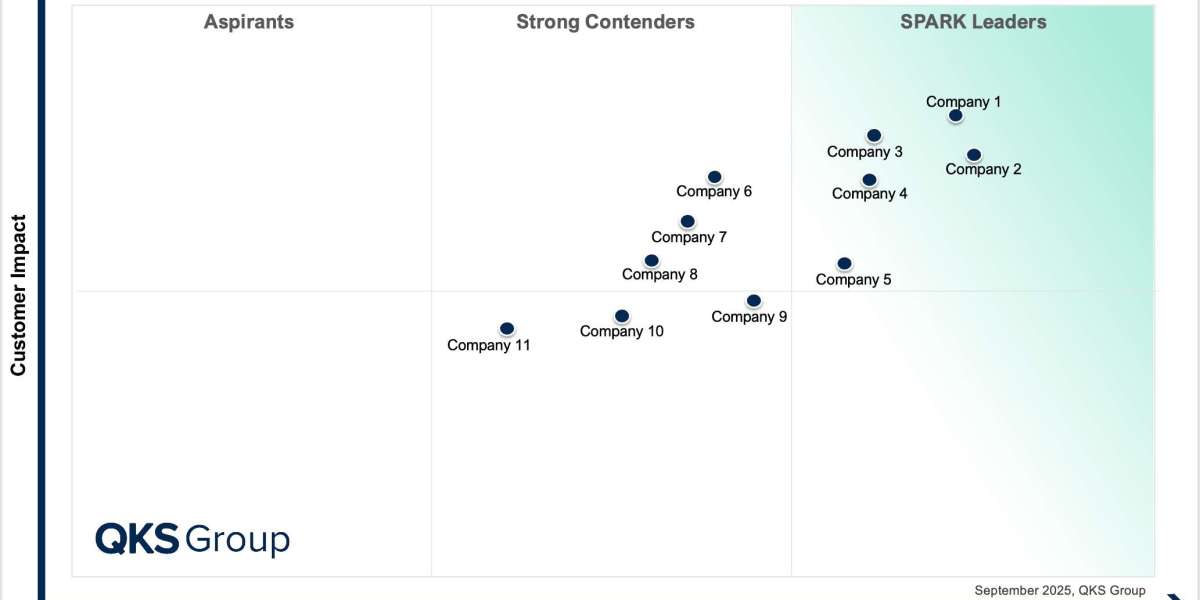India has one of the world’s fastest-growing consumer markets, and with this growth comes an increased focus on product quality, safety, and compliance. To ensure that products meet the required standards, the Bureau of Indian Standards (BIS) has established a robust certification system. Whether you are a local manufacturer or an international company planning to ship products to India, understanding BIS Certification and the BIS Import License is essential. These approvals act as official confirmation that your products meet India’s safety norms and technical standards.
What Is BIS Certification?
BIS Certification is a quality assurance mark issued by the Bureau of Indian Standards. It shows that a product has been tested and complies with the relevant Indian Standard (IS). BIS Certification is mandatory for many product categories, especially in sectors that directly influence consumer safety and daily use.
Products requiring mandatory BIS Certification include:
Electrical appliances
Electronics and IT equipment
Steel and metal products
Chemicals
Cement and construction materials
Automotive components
Manufacturers who obtain the BIS Certification are allowed to display the ISI Mark, which assures customers that the product is safe, reliable, and compliant with Indian regulations.
Why BIS Certification Is Important
Ensures safety and quality
Boosts customer confidence
Prevents the sale of sub-standard products
Helps build brand credibility
Required by law for certain product categories
For businesses, having BIS Certification is not just a regulatory requirement—it is a strong market advantage.
Understanding the BIS Import License
Foreign companies often believe that BIS Certification is only for Indian manufacturers, but this is not true. Any company that wants to export regulated products to India must obtain the BIS Import License. Without this license, customs authorities can seize or stop shipments at the port.
The BIS Import License is issued under schemes like:
FMCS (Foreign Manufacturers Certification Scheme) – For products requiring ISI Mark
CRS (Compulsory Registration Scheme) – Mostly for electronics and IT products
Purpose of the BIS Import License
Ensures imported products follow Indian safety standards
Protects consumers from low-quality goods
Ensures fair market competition
Supports quality control in international trade
This licensing requirement applies to foreign manufacturers, brand owners, and exporters supplying goods to India.
Key Differences Between BIS Certification and BIS Import License
| BIS Certification | BIS Import License |
|---|---|
| Applicable to both Indian & foreign manufacturers | Mandatory specifically for importing regulated goods into India |
| Proves product quality and compliance with Indian Standards | Allows shipment of certified products across Indian borders |
| Results in ISI Mark or CRS Registration | Acts as permission for customs clearance |
| Involves testing, inspections, and document review | Involves certification of foreign manufacturing units |
Both processes work together to ensure complete compliance.
The Process of Obtaining BIS Certification and BIS Import License
Even though the procedures can seem complex, they follow a structured sequence of steps.
1. Product Identification
The manufacturer must identify the correct Indian Standard (IS) applicable to their product.
2. Documentation
Essential documents include:
Product details
Factory license
Quality control records
Manufacturing process details
Authorization letters
3. Product Testing
Products must be tested in a BIS-recognized laboratory. Testing confirms whether the product meets mandatory standards.
4. Factory Inspection (for ISI/FMCS)
For certain categories, BIS officials conduct an onsite audit of the manufacturing facility.
5. Review and Approval
After evaluating the test reports, documents, and inspection results, BIS issues the:
BIS Certification (ISI or CRS)
BIS Import License for international product shipments
Once approved, manufacturers can use the BIS Mark on their products.
Benefits of Being BIS-Certified or Having a BIS Import License
Businesses that comply with BIS norms enjoy a wide range of advantages:
✔ Access to the Indian Market
Certification makes it easier to sell products in India without customs or legal hindrances.
✔ Increased Customer Trust
Indian consumers prefer products with the ISI or BIS mark, increasing sales potential.
✔ Competitive Advantage
Certified businesses stand out in a crowded market, making their products more attractive.
✔ Fewer Import Restrictions
With the BIS Import License, products move smoothly through customs clearance.
✔ Long-Term Credibility
Compliance helps build a strong and trustworthy brand image in the Indian market.
Conclusion
The Indian market continues to expand, making it an attractive destination for manufacturers worldwide. However, meeting regulatory requirements remains crucial to avoid penalties, shipment delays, and rejection at customs. BIS Certification and the BIS Import License are essential tools for ensuring product quality, maintaining safety, and supporting seamless market entry.
Whether you are producing goods locally or exporting from overseas, following BIS regulations is not just mandatory—it is a smart strategic step toward long-term business success in India.



